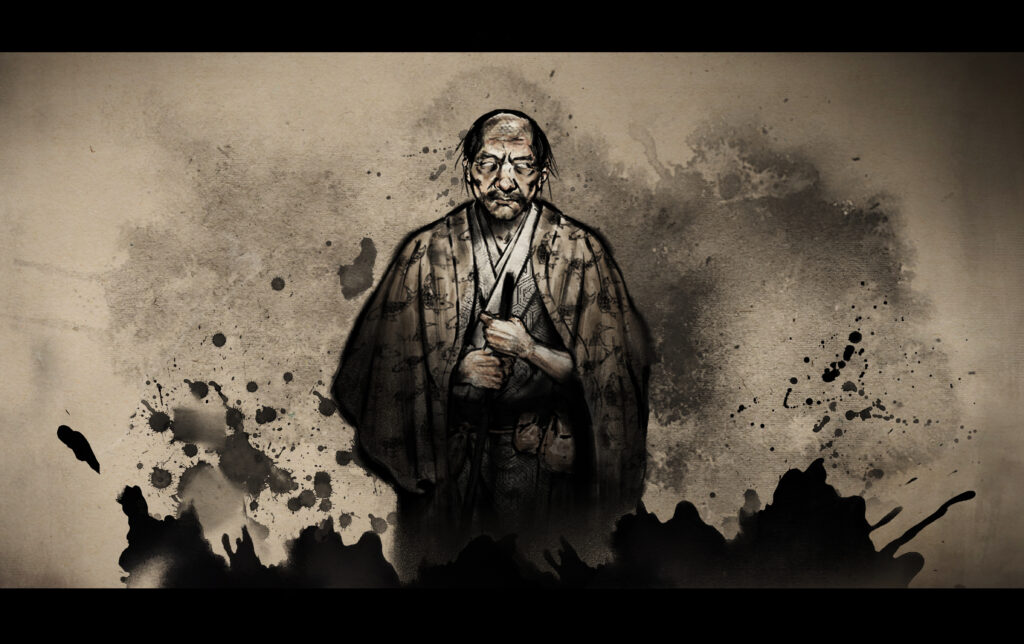
Disability has accompanied humans for as long as humans have existed. Japanese history is filled with tales of disabled historical figures, spirits, and kami. In early Japan, blindness caused by disease, farming accidents, or poor nutrition was especially common.
The history of blind people in Japan is long and fascinating. As early as the 8th century, there are records of biwa hoshi, itinerant performers dressed as Buddhist monks who traveled the land playing lutes and spreading news, popular songs, and legends. Most biwa hoshi were blind.
They were the first performers of the Tale of the Heike, one of Japan’s most famous epics. As time passed, they also took on ritualistic duties such as spiritual purification and the prevention of plague.
In the Edo period, people who were not farmers, artisans, merchants, samurai, or priests were not considered humans. Many disabled people fell into this outcaste category, but the Todoza guild for blind men was an exception.
The Todoza was a support group for blind men. Their membership dues earned them the rights to perform the Tale of the Heike, and they held an unofficial monopoly on giving massages and acupuncture. During the Edo period, the Todoza also began lending money to rich merchants and samurai, further solidifying its place in feudal Japanese society.
Blind women historically had more difficulty finding a place in the world. Some young blind girls were trained as itako and given a role in the community as spirit mediums. They were ceremonially married to kami and believed to be able to speak with the dead. Other blind women took to the road as goze, blind musicians with their own library of exclusive songs. However, goze were often associated with prostitutes and do not seem to have commanded the same respect as biwa hoshi.
In Tale of Ronin, blindness and other disabilities are a fact of life that affect many people the player will encounter. Depending on the choices they make, the player may end up borrowing money from the Todoza, using the services of blind masseuses, and relying on itako to commune with the dead.